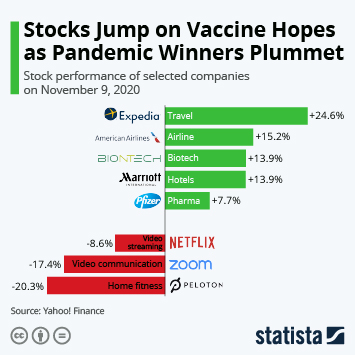While millions of people breathed a collective sigh of relief when lockdowns were lifted, some companies likely had mixed feelings about normalcy returning to people’s lives. Whether it’s providers of food delivery, videoconferencing or home workouts, some business models were suited too well to life restricted by COVID-19 for them not to be considered “pandemic winners”, even if that term sounds cynical in light of the suffering the pandemic caused around the world. Peloton was one of these companies, and, like other lockdown winners, the maker of high-end exercise bikes and treadmills for home use is struggling to keep its momentum as normal life gradually returns.
On Thursday, the company valued at almost $50 billion at its peak in January 2021 slashed its revenue forecast for the fiscal year ending June 2022 by up to $1 billion in light of weaker-than-expected results for the past few months. “We anticipated fiscal 2022 would be a very challenging year to forecast, given unusual year-ago comparisons, demand uncertainty amidst re-opening economies, and widely-reported supply chain constraints and commodity cost pressures,” the company explains the sizeable cut to its forecast. However, the company writes that the “migration of workouts into the home” was “well-underway prior to the pandemic,” which is why it “remains convinced that the growth opportunity for Peloton is substantial.”
As the following chart shows, engagement with Peloton’s online workouts weakened in recent months, as reopening gyms, warmer weather and the desire of people to venture outside combined for a highly unfavorable mix of circumstances. While the company did its best to paint an optimistic picture in its letter to shareholders, investors seem worried about Peloton’s outlook. The company’s shares plummeted by 30 percent in early trading on Friday, leaving its valuation more than 60 percent short of its mid-pandemic peak.















